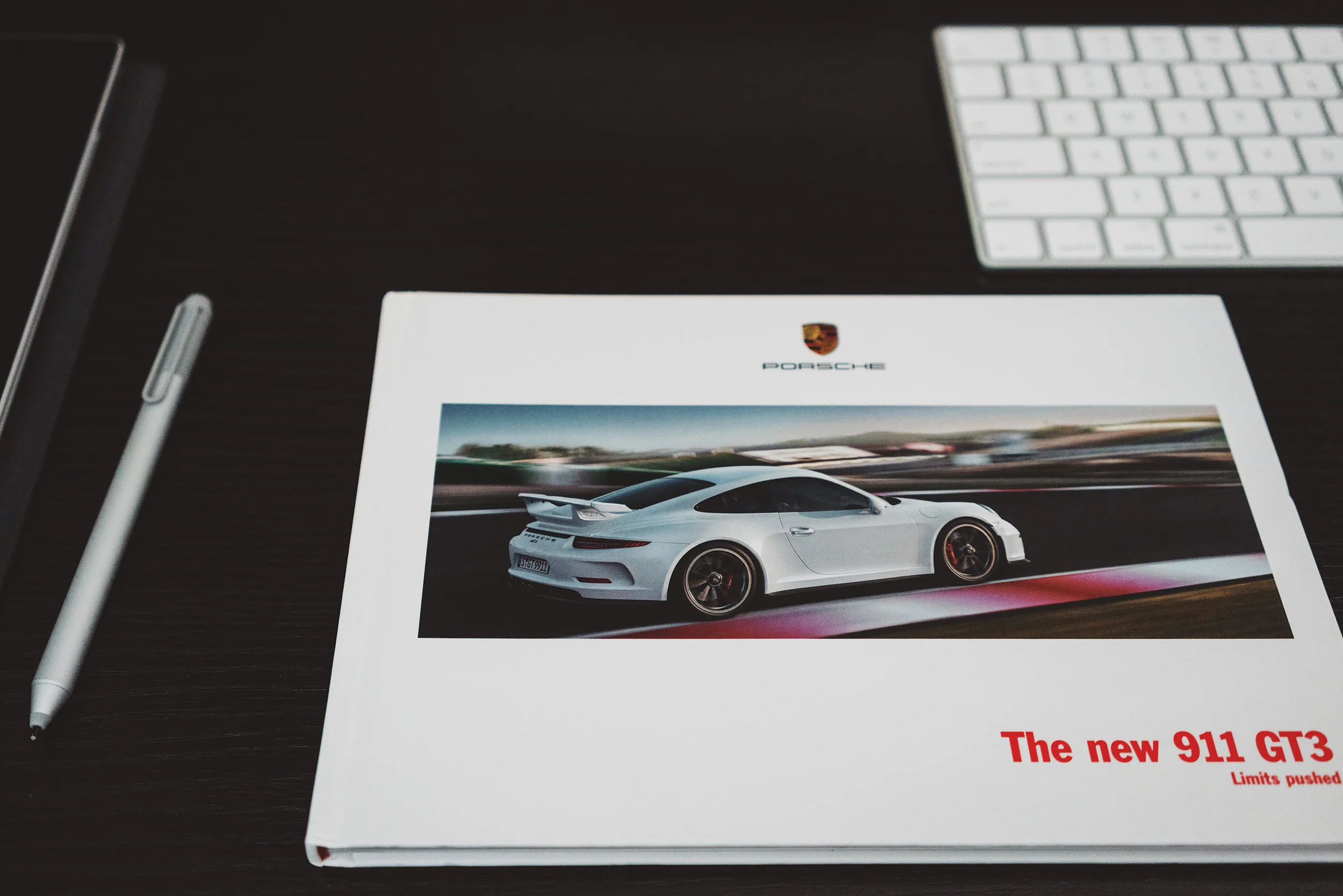Ally bank is sneaky. They are quick to email me when the interest rate on the savings account goes up, but not a single peep when it goes down. I didn’t even realize it went down until my friend told me that it did. It came as a surprise because the Fed has kept the federal funds rate at the same level for the past several months. So it’s double sneaky: why am I getting less interest when the benchmark rate hasn’t moved at all?
Don’t make me move to SoFi! I really don’t want to do that!
In this post-pandemic era of high inflation, it’s never been more important to have a money cushion. Unexpected items arise and you kind of have to deal with it. For example, my friend recently found a tire defect (a sidewall bulge, likely due to San Francisco’s lovely potholes) on his Tesla Model Y. Because of this - combined with significant mileage on the original set of tries - he had to fork over $2,000 to replace all four Michelins.
If (the royal) you don’t have a savings cushion, that $2,000 will be one of those setbacks that you see in people with heavy debt. They are making steady progress in paying off debt, then boom, an unexpected $2,000 kicks them right back down the chute. Okay, maybe they’re paying $1,000 instead for the Chinese brands. For four split payments with Affirm. Or Klarna.
Honestly, nobody really budgets for tires, right? They see the monthly payment for the car, and petrol, as the only true outlay. The rest is out of sight, out of mind - because they occur not nearly as often. Insurance renewal only comes around twice a year. Maintenance - unless you drive an overwhelming number of miles - is once a year. Tires? Let’s say once every few years. But, if you have a money cushion, then these maintenance events won’t ever be shocks to the finances.
The interest rate may have lowered slightly on my savings account, but that money serves a critical, foundational purpose: emergency fund for unexpected expenses.
Sakura season.
